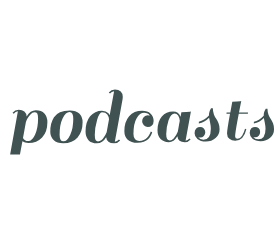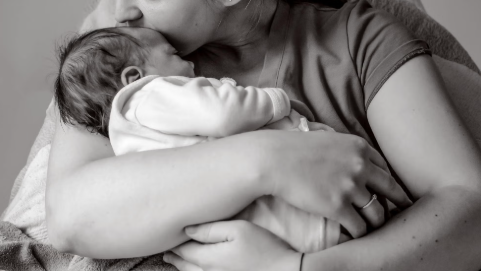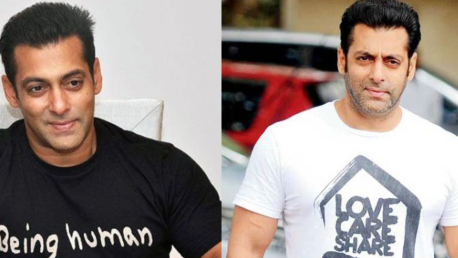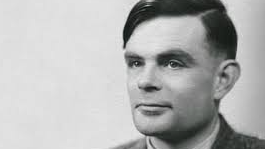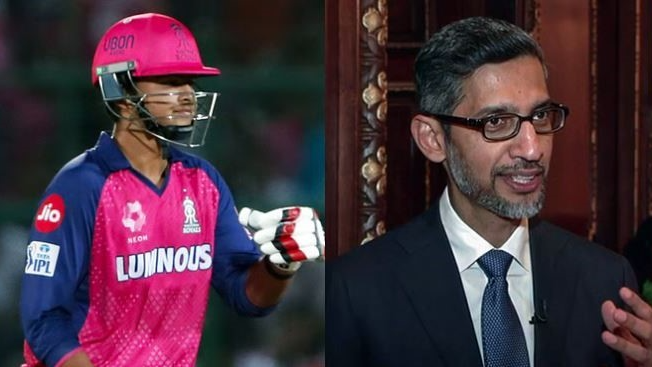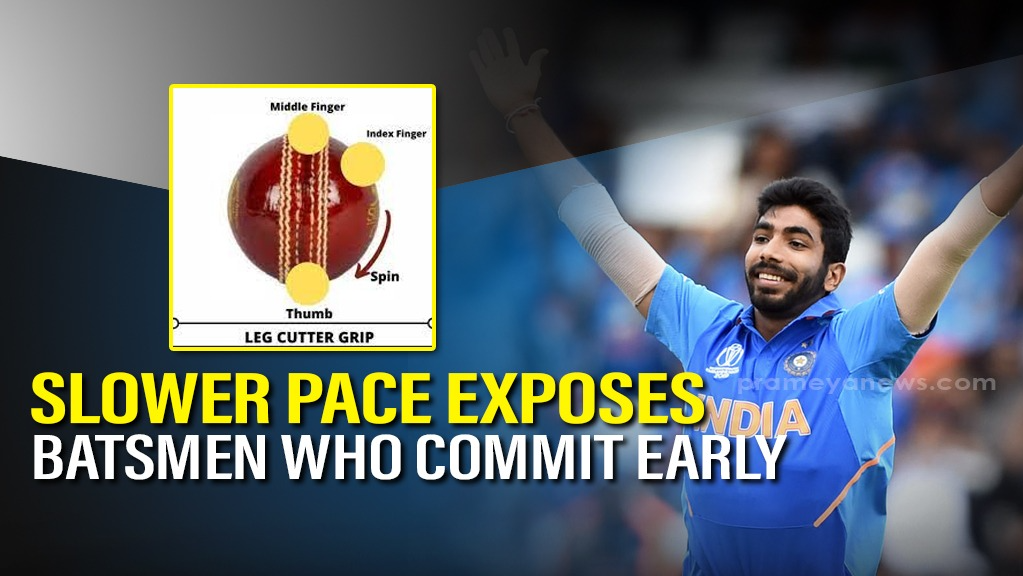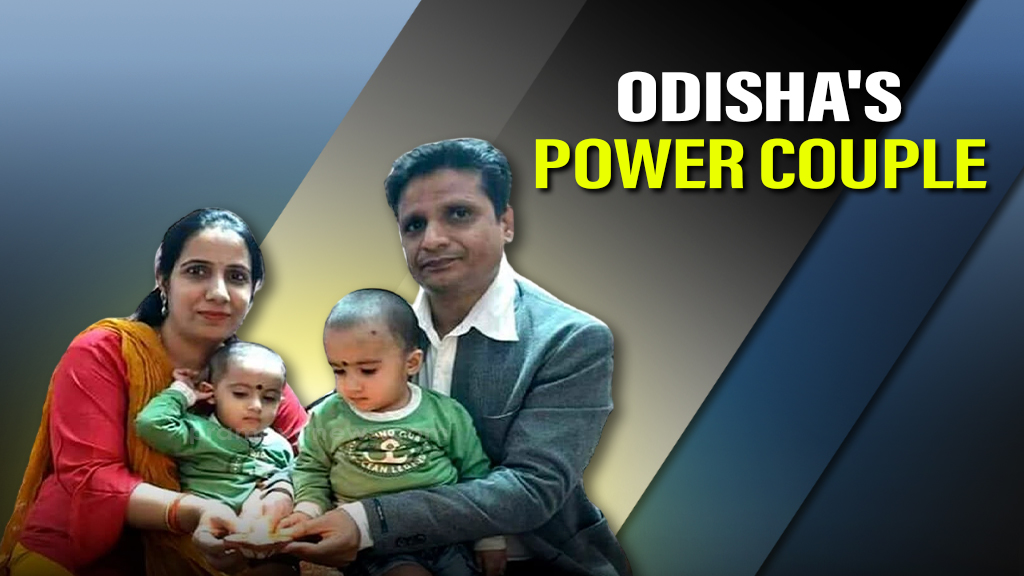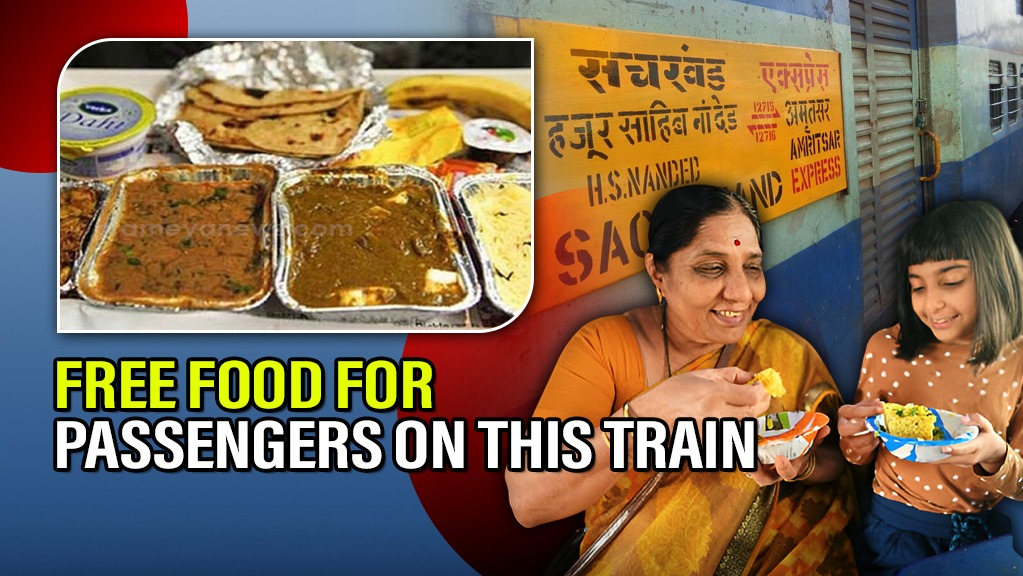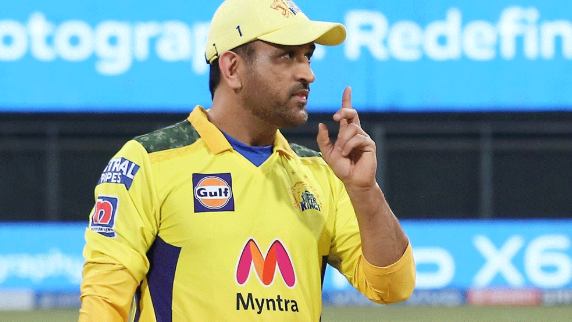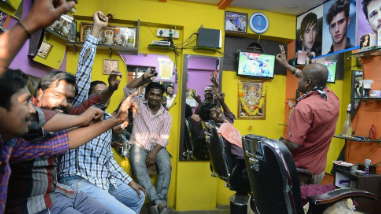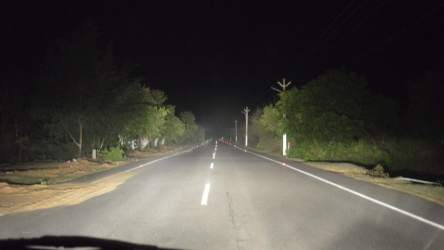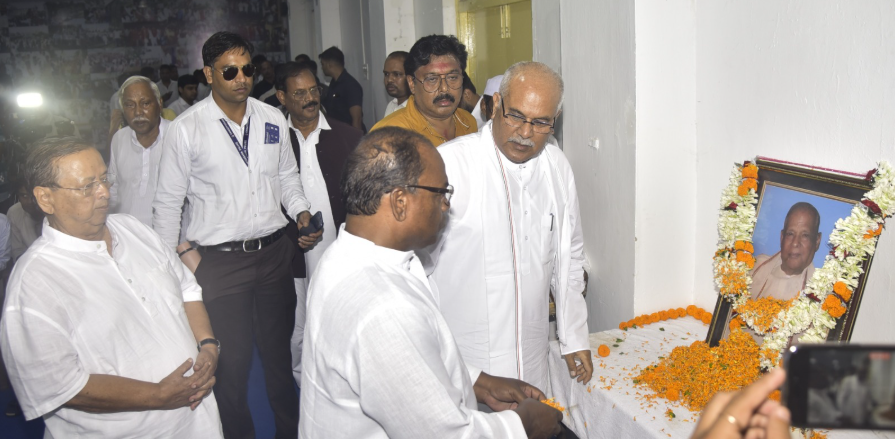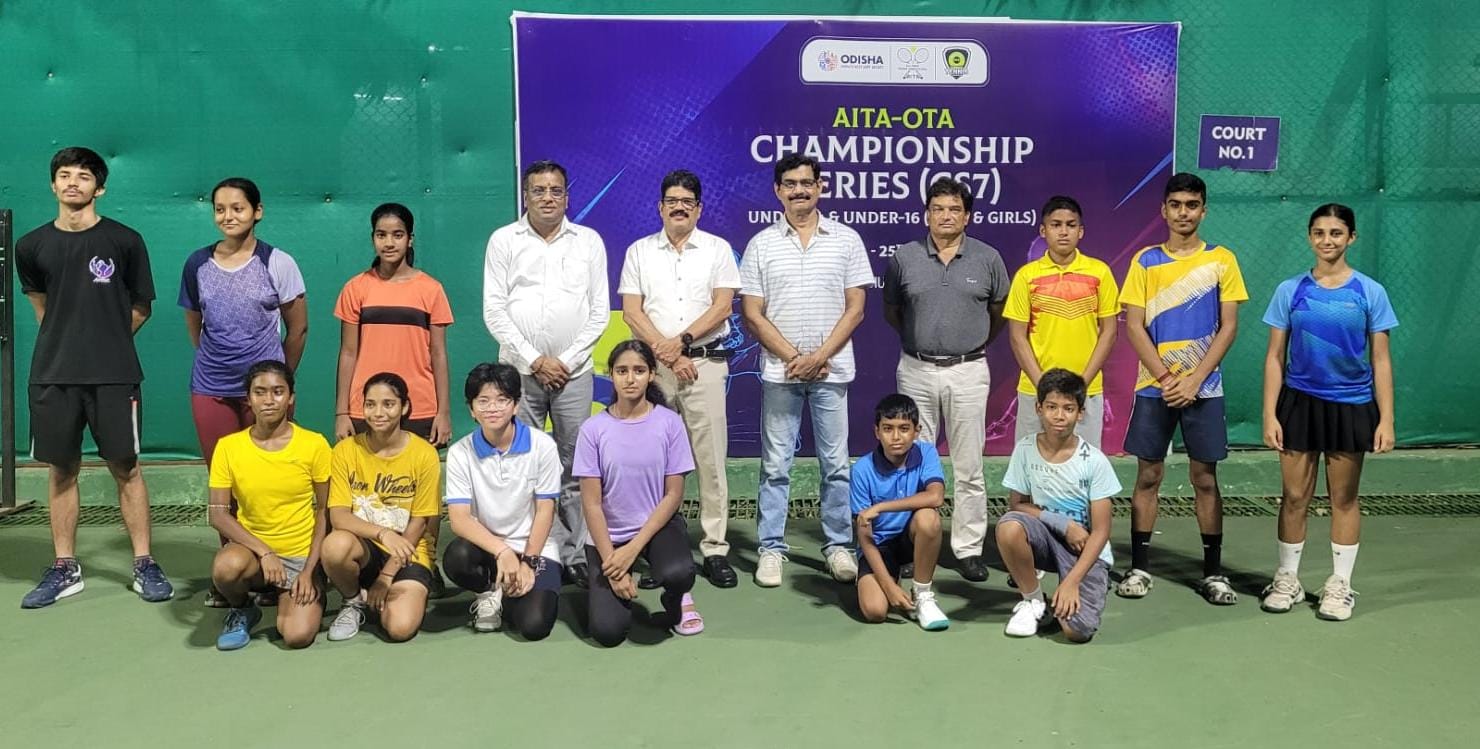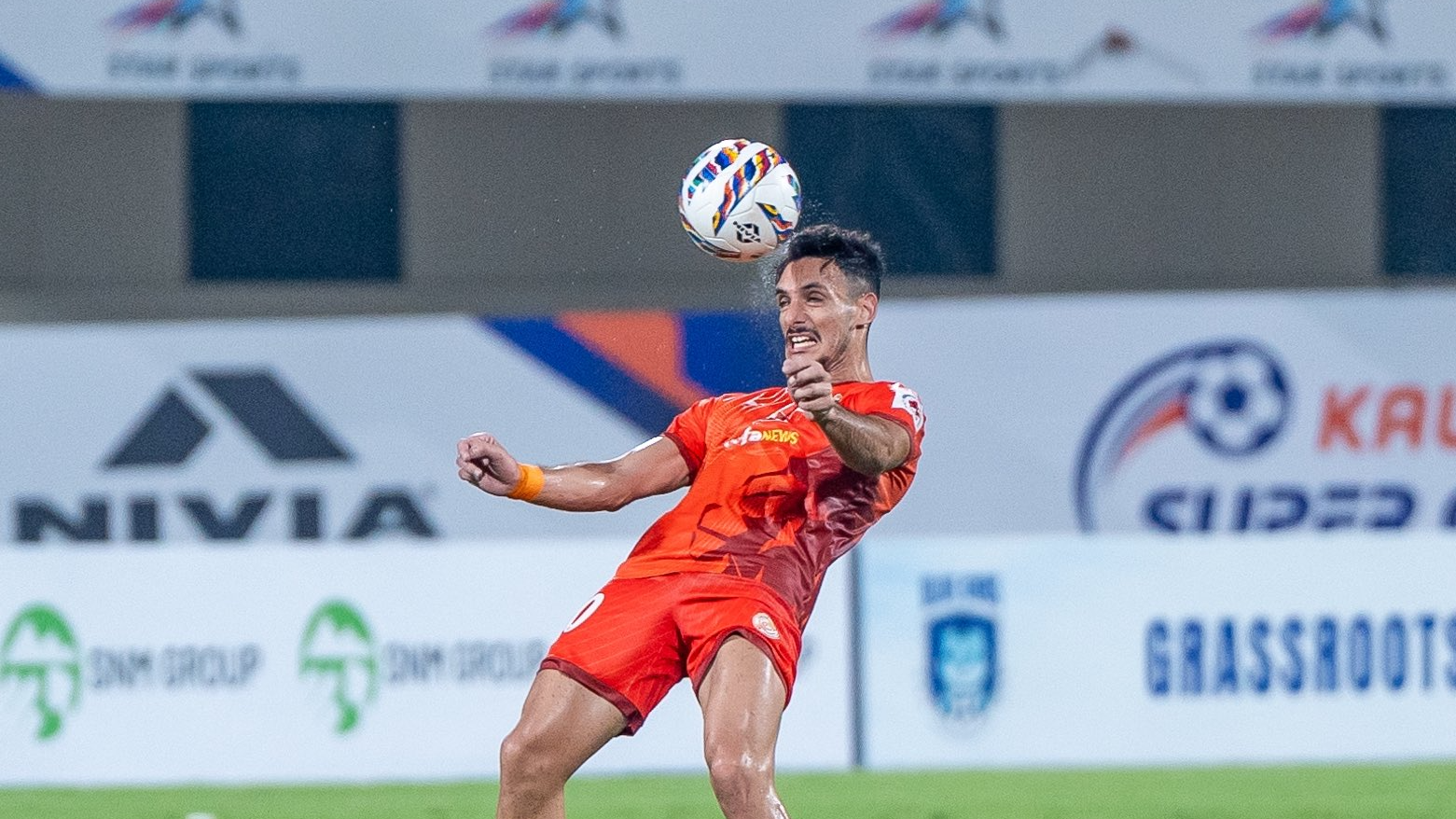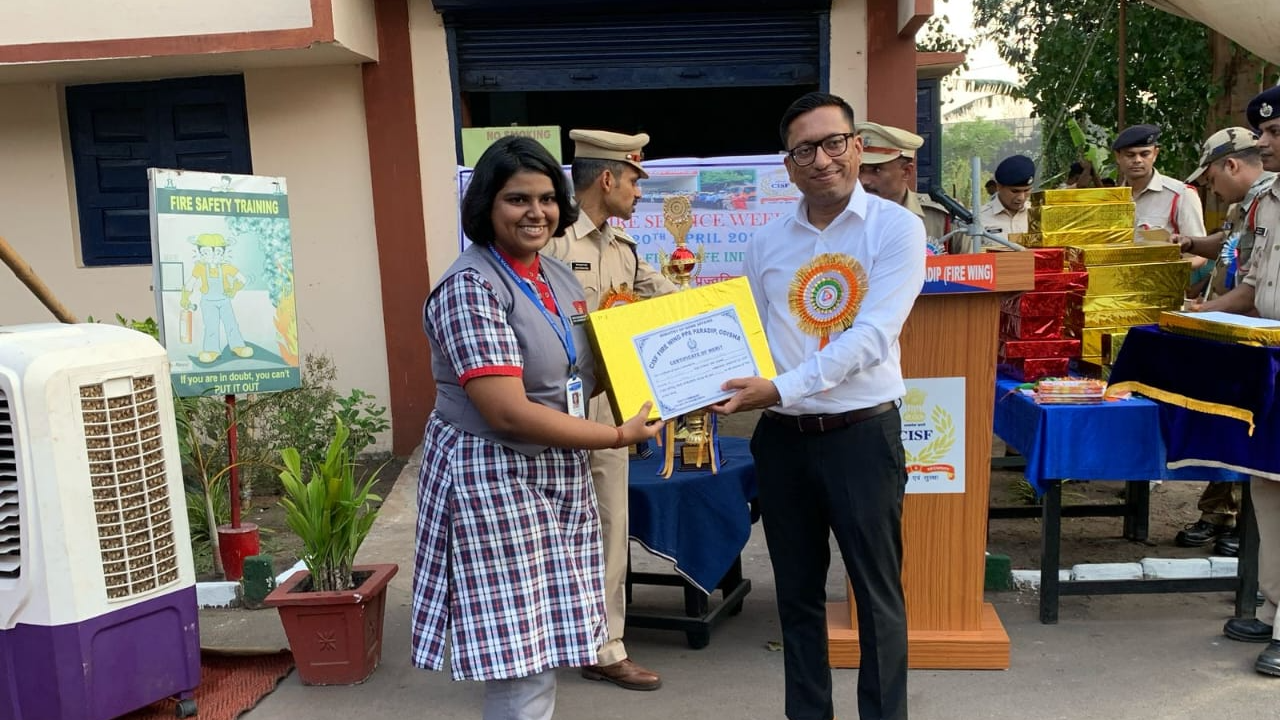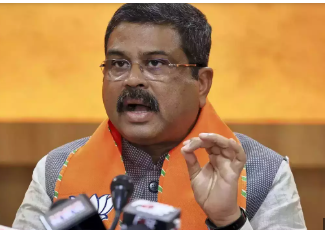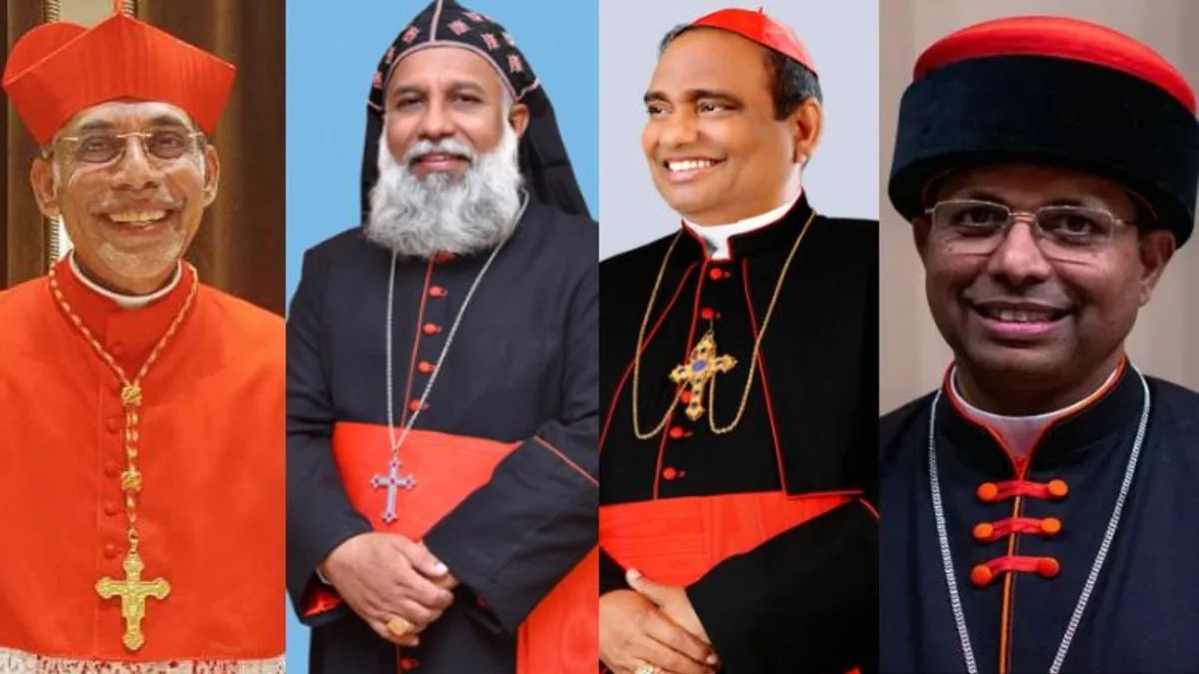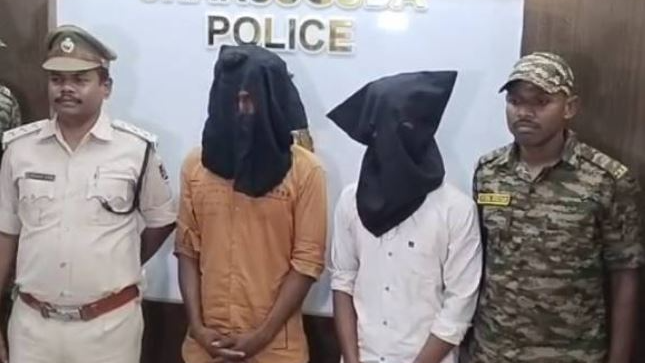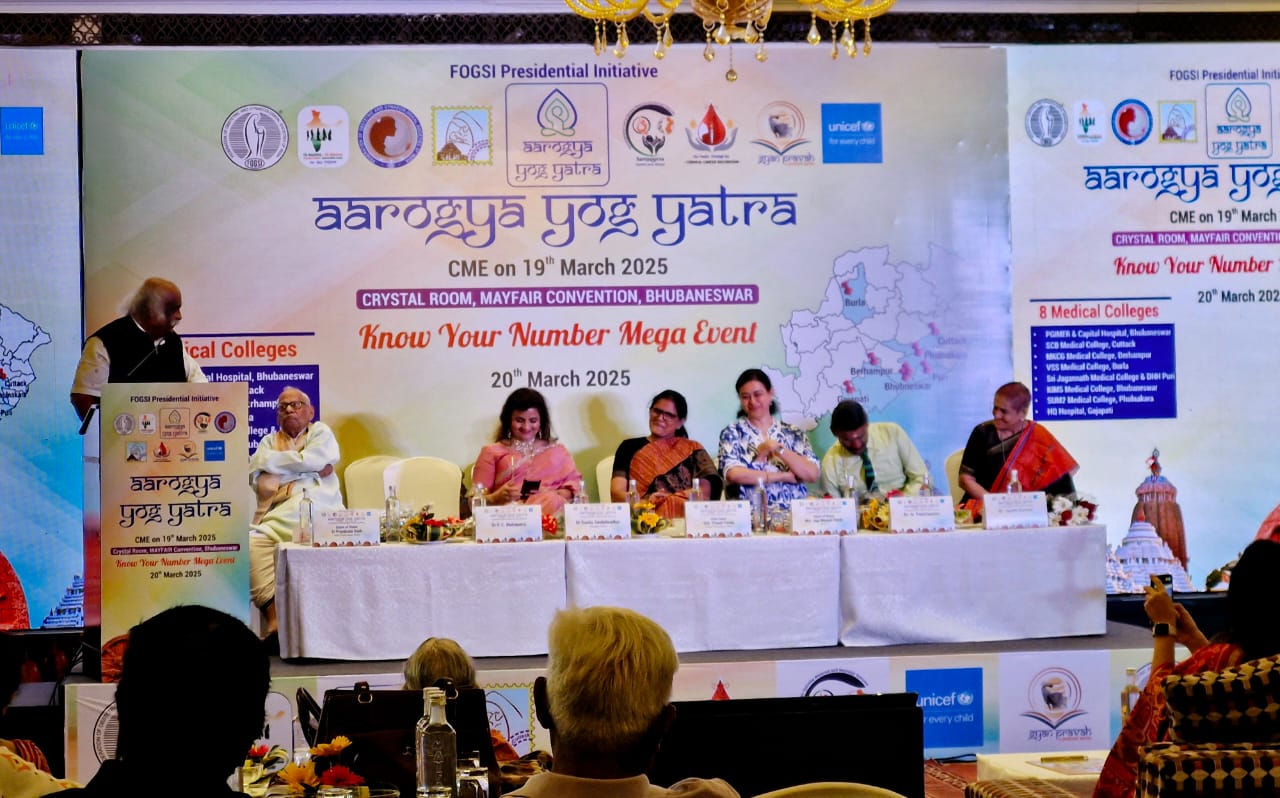When 38-year-old Mira Sharma(name changed) felt the lump during a routine self-examination, she immediately knew something was wrong. What she couldn't have anticipated was how her stage 3 breast cancer diagnosis would not only transform her life but also reshape how she would mother her three children, ages 6, 9, and 12.
"That moment in the doctor's office, when I heard the word 'cancer,' my first thought wasn't about myself," Mira recalls, her eyes welling with tears. "It was about my children. How would I tell them? How would they cope? Would I be there to see them grow up?"
The Impossible Conversation
Experts say that one of the most challenging aspects of parenting through cancer is determining how much to share with children. Too little information can breed fear and fantasy; too much can overwhelm young minds. For Mira, the decision to be honest but age-appropriate became the first of many teachable moments.
"I gathered them in our living room, the same place where we'd had so many family movie nights and birthday celebrations," she says. "I told them I was sick, that the doctors found something called cancer, and that I would need strong medicine that might make me look different for a while."
Her oldest son, Aiden, immediately asked the question Mira most dreaded: "Are you going to die?"
"I promised them I would fight with everything I had," she says, "but I also didn't make promises I couldn't keep. I told them that nobody knows exactly what will happen, but that's true for everyone, every day."
When Hair Falls and Spirits Rise
As chemotherapy began taking its physical toll, Mira found herself teaching lessons she never anticipated. When her hair started falling out in clumps, she invited her children to help shave her head, turning a moment of loss into a ceremony of strength.
"My daughter Zara was hesitant at first," Mira remembers. "But when I handed her the clippers and told her she was helping me take control of my cancer instead of letting cancer control me, her face changed. She understood something profound about agency and dignity that day."
The children took turns cutting sections of Mira's hair, eventually culminating in a full head shave that they celebrated with ice cream and selfies with their "warrior mom."
"That night, my youngest, Leo, came to my room and asked if he could touch my bald head," Mira says. "As his little fingers traced the curve of my skull, he said something I'll never forget: 'Mommy, now I can see more of your face to love.'"
The Classroom of Vulnerability
Perhaps the most counterintuitive lesson Mira taught her children was the strength found in vulnerability. In a culture that often equates parenting with projecting constant strength, Mira's decision to let her children see her weakness became revolutionary.
"There were days I couldn't get out of bed," she admits. "Days when the pain was so intense or the nausea so overwhelming that I couldn't hide it. At first, I tried to shield them from those moments, but I gradually realized that by letting them see me struggle—and keep going anyway—I was teaching them something essential about being human."
Dr. Eleanor Winters, a psychologist specializing in families facing medical crises, confirms the value of this approach: "Children who see their parents navigate vulnerability with honesty develop higher emotional intelligence and resilience. They learn that strength isn't about never falling; it's about rising again after you fall."
The Role Reversal
As Mira's treatment intensified, traditional family roles began to shift. Her children began taking on more responsibilities—Aiden learned to do laundry, Zara became skilled at making simple meals, and even little Leo became the self-appointed "medicine reminder."
"Watching them step up was both heartbreaking and beautiful," Mira says. "No mother wants her children to have to grow up faster because of her illness. But at the same time, I saw them developing compassion, responsibility, and teamwork in ways that might have taken years otherwise."
The Gift of Presence
Six months into her treatment, facing exhaustion and uncertainty, Mira made a decision that would transform her family's journey. She created what she called "presence pods"—15-minute periods each day dedicated to one-on-one time with each child, regardless of how she felt physically.
"Some days, all I could do was lie in bed and listen to Aiden talk about his video game strategies," she says. "But I was fully there, fully present. No phone, no distractions, just my complete attention. It taught all of us that time isn't what matters most—it's attention and connection."
The New Normal
Today, three years into remission, Mira's family operates with a different set of priorities. The lessons learned during her cancer journey have become the foundation of their family culture.
"We talk openly about feelings in ways we never did before," Mira explains. "My children know that sadness, fear, and pain are not emotions to hide but experiences to share. They've learned that asking for help is courageous, not weak."
Perhaps most importantly, they've learned to celebrate life's ordinary moments—a lesson Mira reinforces through their family's "daily gratitude ritual," where each person shares one moment from the day that made them feel alive.
"Cancer taught us that tomorrow isn't guaranteed," Mira says, watching her children play in the backyard. "But it also taught us that today, with all its imperfections, is enough. That's the greatest lesson I could ever give them."
As Mira's story shows, sometimes life's most difficult classrooms offer the most enduring education—lessons of love, resilience, and presence that transcend even cancer's formidable shadow.



